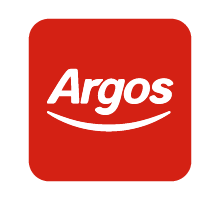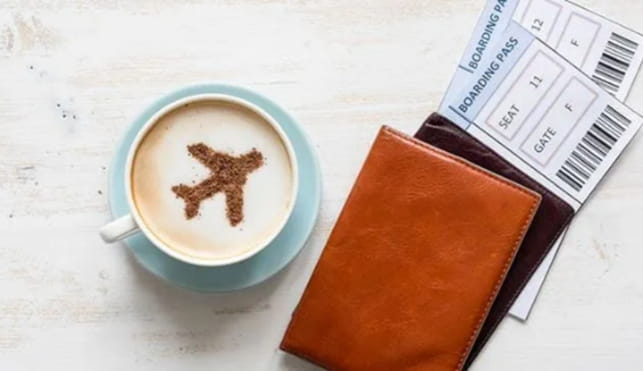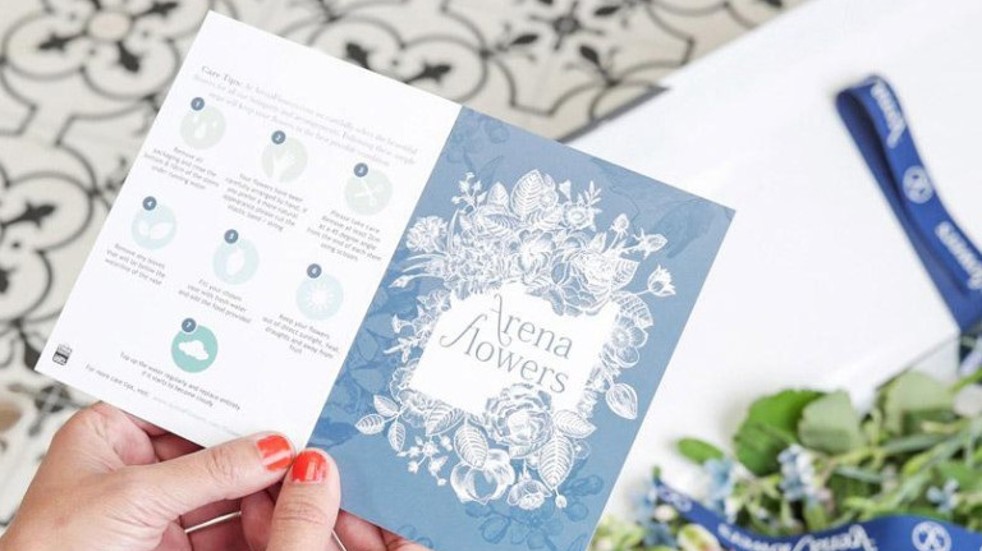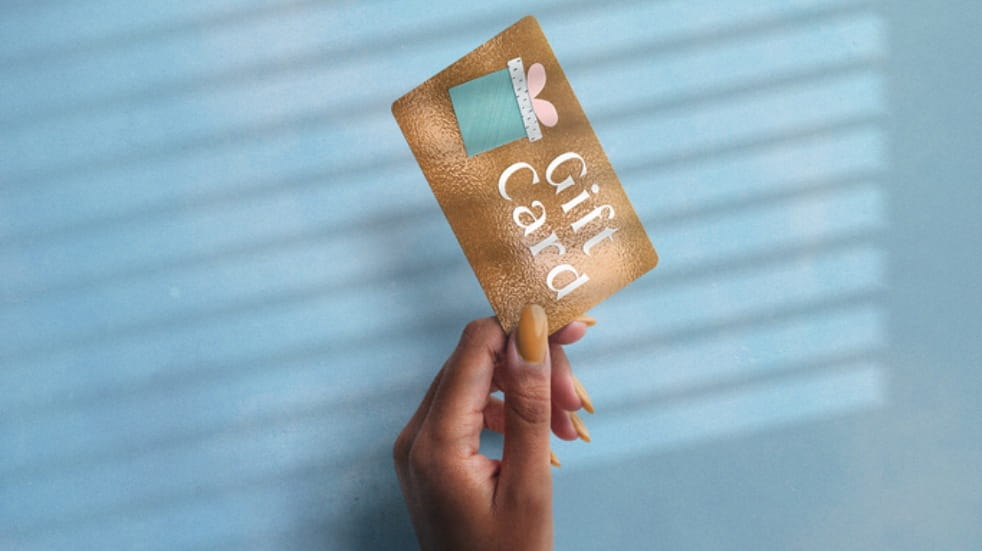Working in or retired from the civil service or public sector? Make the most of your free time without breaking the bank.
As featured in:




Save money all year round with these instant benefits worth up to £599*
Unlimited access to top-rated UK attractions

Unlimited admission to Kew Gardens & Wakehurst


Unlimited admission to all nine WWT centres across the UK
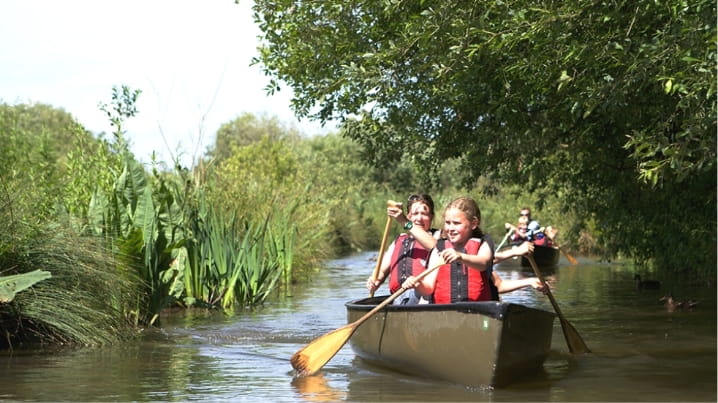

Unlimited access to all National Trust for Scotland places

Boundless Plus

Unlimited access to all HRP sites including, Tower of London

Boundless Plus
Additional benefits include

Instant access to tastecard, including Coffee Club


Instant access to Kids Pass membership


Free roadside assistance and local breakdown recovery
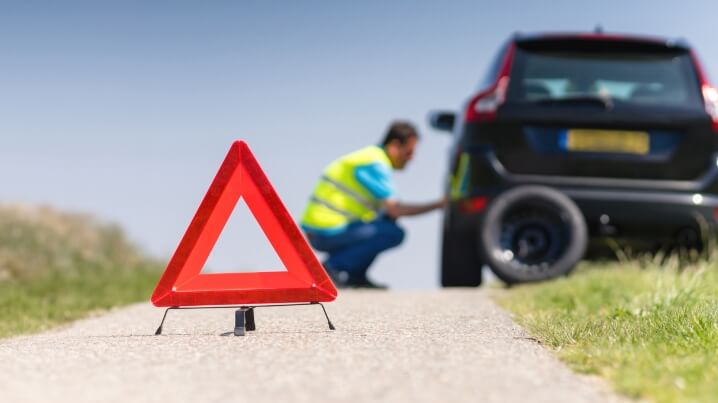
Boundless Plus

Instant access to the Ramblers membership

Boundless Plus
Share experiences with more than 160,000 other members
"Great savings, interesting events and good value. You get a lot for your membership."
Fiona, Lincolnshire
"I'm in my second year of being a member and love it. My biggest regret? Not knowing about Boundless and signing up to it earlier!"
Keir, West Sussex
"It's really great to be part of Boundless and be able to visit places I might not otherwise go to."
Diana, Berkshire
"Gets you out and about doing things that you wouldn't otherwise do!"
Penny, Bristol
"Excellent club full of engagement and interest."
Mark, Gloucestershire
"We love being members wished we had joined years before."
Audrey, Hampshire
"Membership gives me access to a variety of interesting activities and offers many useful discounts too."
Neil, Dorset
"Great value and varied offerings which always find something to delight each member of the family!"
Glen, Cheshire
"Great member benefits and opportunities for meeting other members and being involved in some really interesting events. Can't fault the proactivity of the club."
Neil, West Yorkshire
"Love being a member, such good value with discounts, events etc, there is something for everyone."
Sylvia, Northamptonshire
"We have saved quite a lot of money over the years from our membership for which we are very grateful."
Chris, Tyne and Wear
"This is my first year as a member and I have made use of some great benefits. I think Boundless offers a great deal for its members."
Kim, Norfolk
Not sure if you're eligible? Find out if you can join Boundless
We save you time searching for new adventures and experiences
Unlock hundreds of opportunities to make the most of your free time. From community-group activities to family-orientated Boundless events and holidays, you won’t need to search for new adventures – they’ll come to you.
Boundless events

Our fantastic calendar of hosted events offers experiences you won’t find anywhere else. With member tickets at just £10 per person, family days are so much more affordable.
Boundless Breaks

Boundless holiday properties can be found in desirable destinations across the UK. Members save up to 20% all year round – even in school holidays.
Community groups
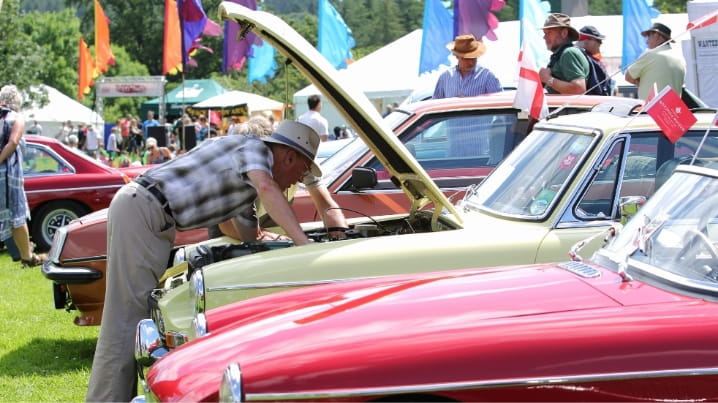
Hobby and interest groups give you the opportunity to connect with other members. They’re free to join and the perfect platform to share your passions and experiences.
Access to big-brand discounts are at your fingertips
Boundless membership brings you deals and discounts from more than 180 well-known brands, making it easier than ever to stretch your budget without compromising on quality. Whether you’re shopping for fashion, electronics or everyday essentials our selection of discounts ensure you can enjoy the products you love at a fraction of the price.
Get inspired with our latest deals
Make the most of great savings available exclusively to our members today.
Ideas and advice
We’ve got some great ideas for you and the whole family
Don’t miss out on these exclusive Boundless-only deals

Exclusive member discounts on LV= Insurance
Protect the things you love with exclusive insurance discounts and breakdown cover deals.

Who can join Boundless?
If you currently work or have previously worked for – or have retired from – the public sector or civil service you can join Boundless.
This includes civil service departments, as well as public sector employers like:
- NHS
- Armed forces
- Education
- Emergency services
- Government agencies
- Local authorities
Read more about membership eligibility
Join the community. Start your membership today
Need to know more?
Boundless is the UK’s leading membership club for people working in or retired from the civil service or public sector. We’ve been helping members make the most of their free time for over 100 years by providing member savings, events and a variety of free benefits all included in the annual membership fee.
Who is eligible to join Boundless?
Why is it so cheap?
Terms and conditions
* The value of Boundless Plus instant benefits are calculated by combining comparable membership deals at RBG Kew, National Trust for Scotland, Kids Pass, tastecard including Coffee Club and the Ramblers, as well as equivalent admission offers at WWT Slimbridge and the Tower of London (HRP). Additionally, it includes annual Roadside Assist by LV= Britannia Rescue. Terms and conditions apply.
Boundless by CSMA act as an intermediary to Liverpool Victoria Insurance Company Limited for Roadside Assist.














